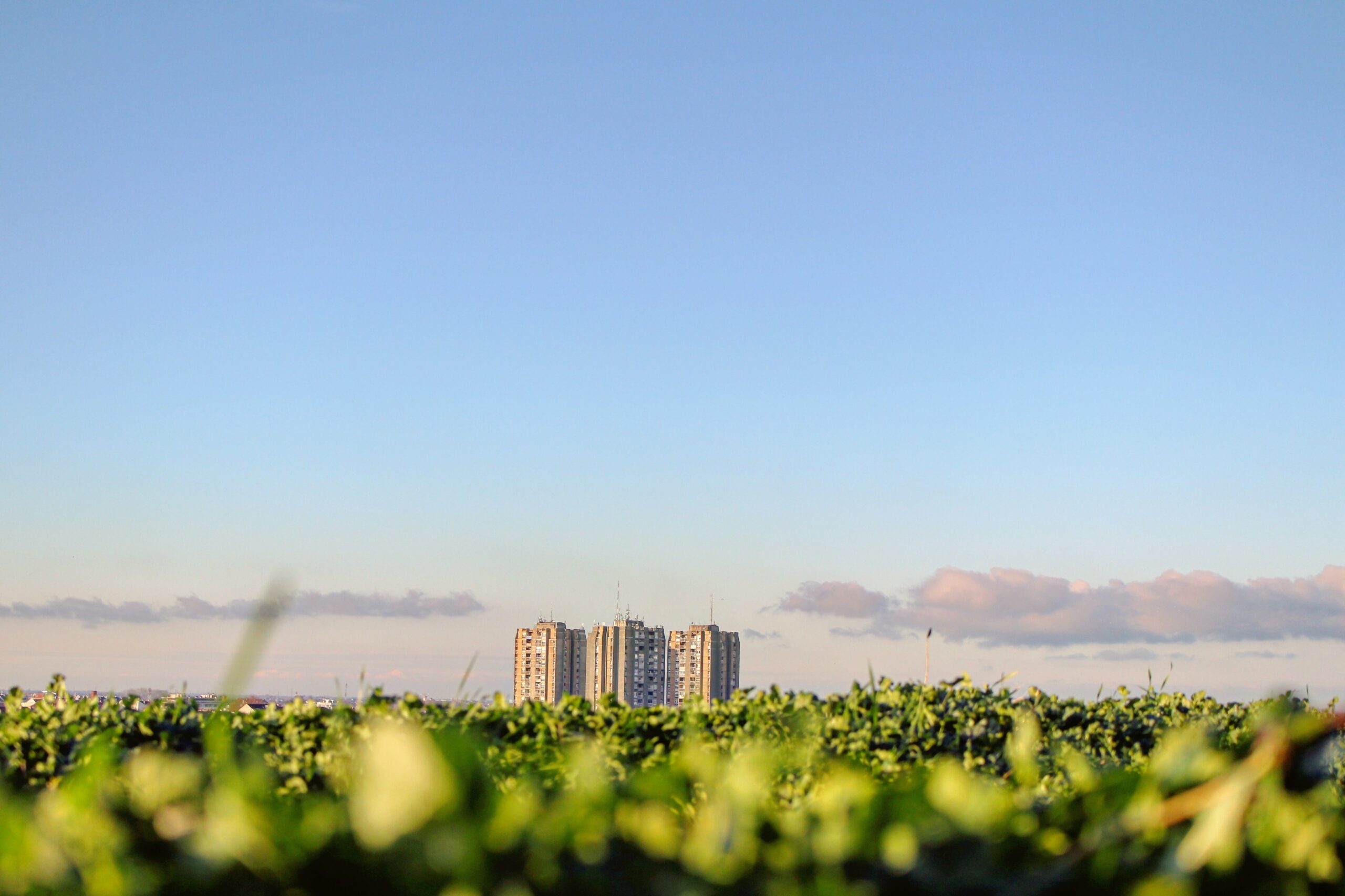Within the “SDGs for ALL” Platform, Center for Advanced Economic Studies (CEVES) has developed a policy paper “Pathway to social consensus on key objectives for sustainable urban development”, which aims to contribute to the fulfilment of the UN 2030 Agenda for Sustainable Development in the Republic of Serbia, with the focus on SDG 11 – Sustainable cities and communities. The subject of this document is an overview of key issues for fulfiling strategic priorities, the importance of SDG 11 for achieving a balanced territorial development, and the analysis of three complex challenges for urban development on which there is a social consensus that need to be resolved.
There is only ten regional centers for waste management in Serbia, while 40% of municipal waste is being deposited at illegal dump sites. This is why the establishment of regional waste management centers should be the first target within the SDG 11. Completing the process of legalizing illegally constructed facilities in Serbia is considered as the second target. Five years following the enforcement of Law on legalization of facilities, 364.400 illegally constructed facilities has been listed, out of which only 210.000 with positive outcome. The third target is related to increasing citizens’ participation in creating urban plans. Such plans are usually adopted in a non-transparent way with citizens being engaged only formally. The recommendations for these three targets are a result of analysis of strategic documents and regulations, and qualitative research methods – individual interviews with decision-makers, municipal activities experts and experts for environment, as well as with sectoral associations.
The document is only available in Serbian on the following link:
Analiza “Put do društvenog konsenzusa oko ključnih ciljeva održivog urbanog razvoja”


 SR
SR